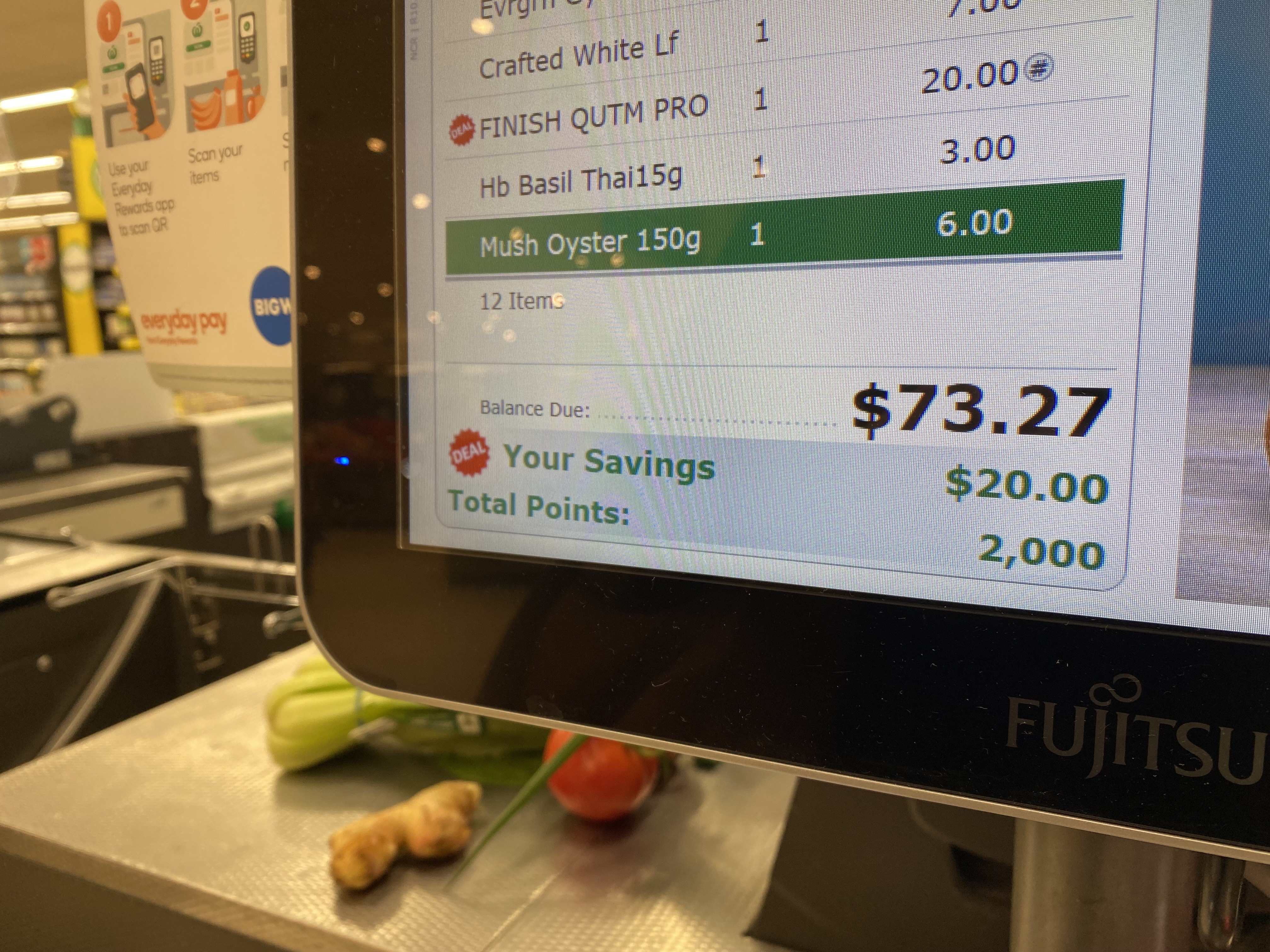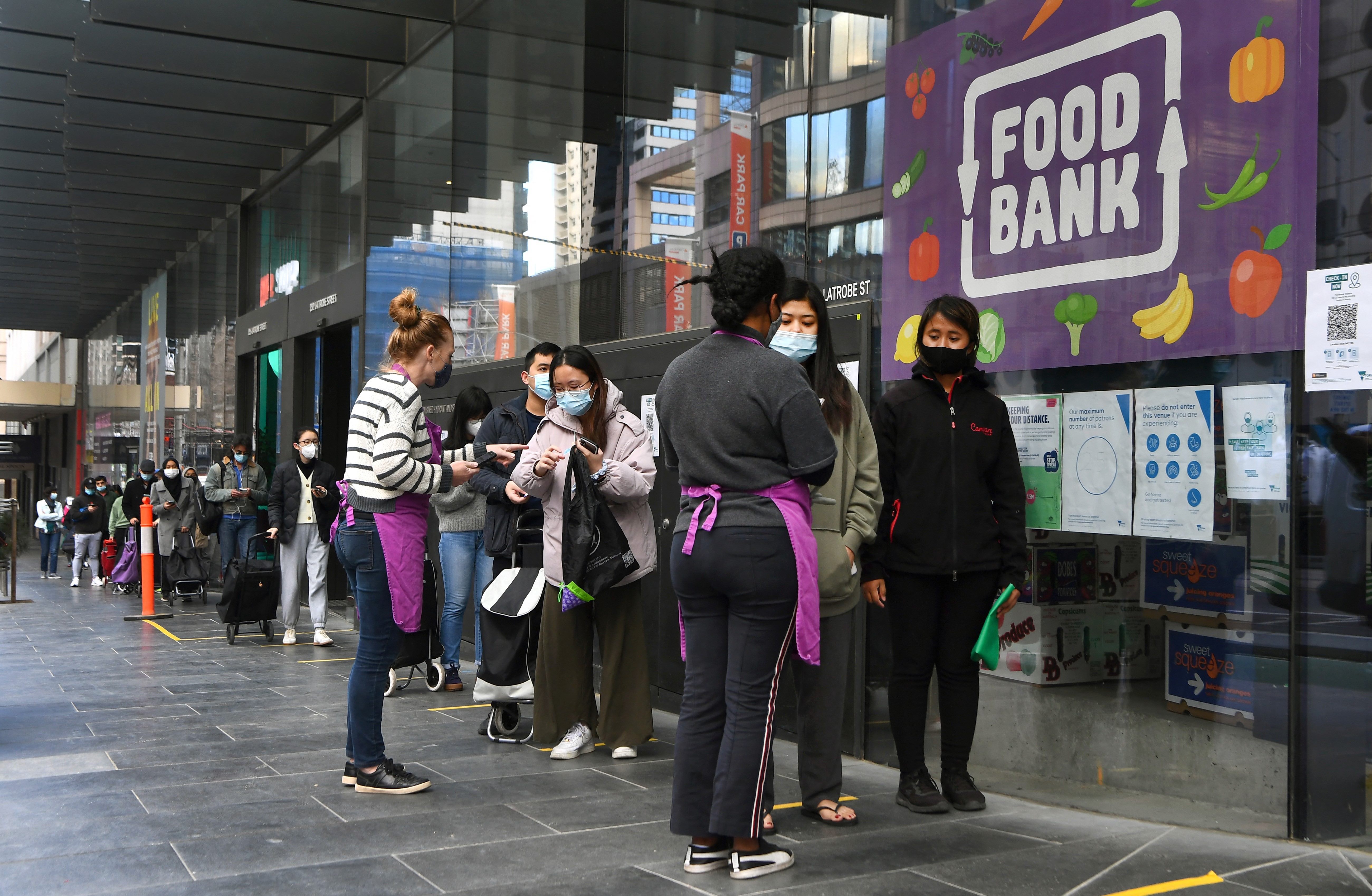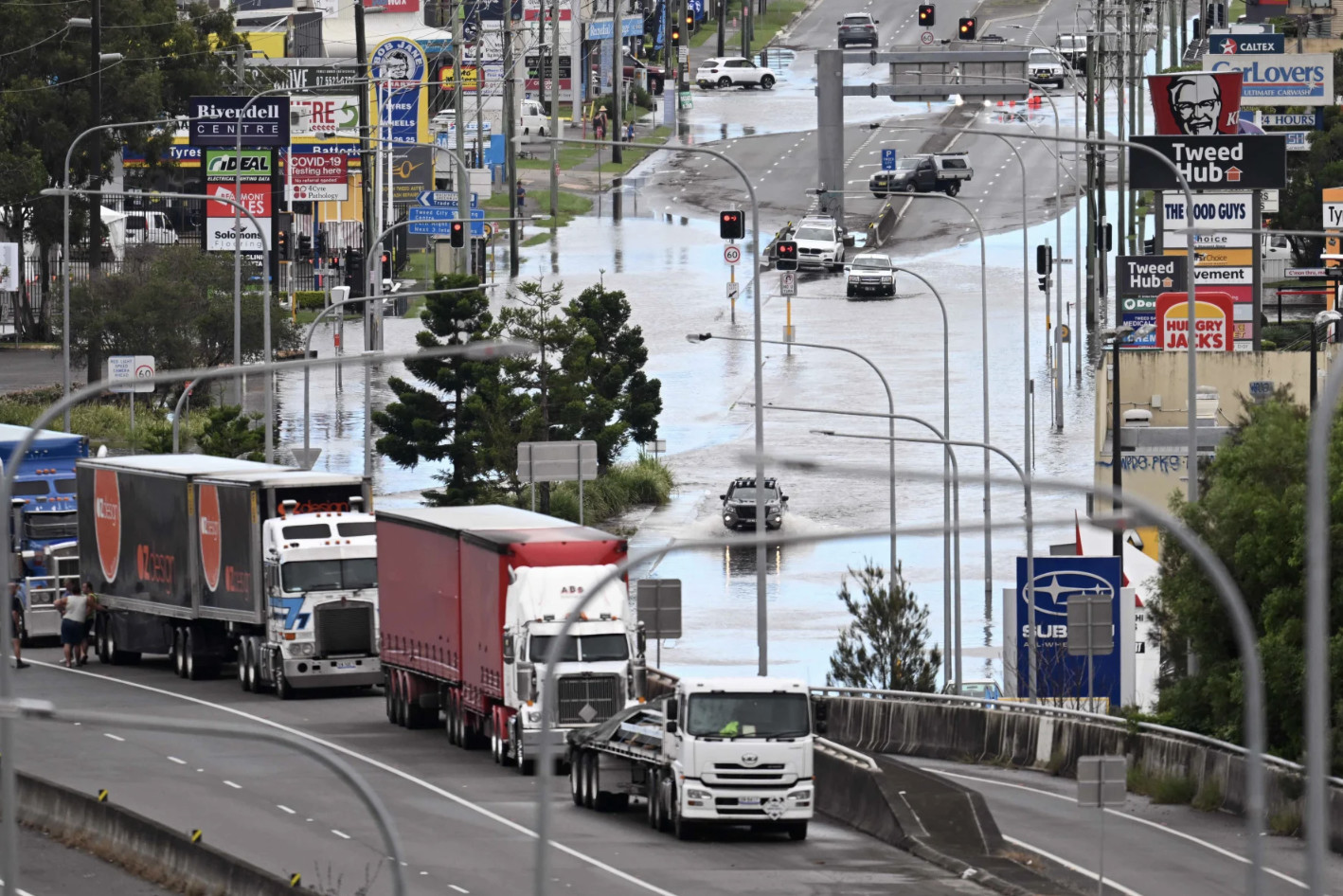
Business & Economics
Australia’s risky food supply chains

Australia needs to boost its capacity to weather shocks to our food security. And that’s why we need a Minister for Food
Published 31 May 2022
As food prices in Australia continue to rise and the cost-of-living crisis bites, tackling food insecurity should be high on the ‘to do’ list of the country’s newly elected Labor government.
Our new research, developed in collaboration with stakeholders from government, civil society and industry in Victoria, provides a roadmap for tackling the problem.

Food prices have been rising since 2020 due to multiple shocks to the global food system related to climate change and the COVID-19 pandemic. Global food prices hit an all-time high in March this year following Russia’s invasion of Ukraine.
Russia and Ukraine together produce around 28 per cent of global wheat exports and are important suppliers of sunflower oil, barley, corn and canola. Russia is also the world’s largest exporter of fertilisers and a major supplier of oil, which underpins the entire food system; from fertiliser production to on-farm fuel and transportation of food.
Australia is a in a better position to weather global food price spikes than countries that are heavily dependent on food imports, because most of our fresh food is produced domestically.

Business & Economics
Australia’s risky food supply chains
But Australia isn’t immune to the effects of these global pressures, as consumers are finding at the supermarket checkout.
Food prices in Australia are also being driven up by the recent floods and the COVID-19 pandemic disrupting supply chains. The convergence of these multiple shocks has a compounding effect, exacerbating the impact on food prices and the cost of living.
And when food prices rise, those people already at risk of food insecurity are most affected.
At least a million Australians run out of food and can’t afford to buy more, and many more skip meals or eat cheaper, less healthy foods to cope with not having enough money to buy food.

It’s difficult to get an accurate picture of the true extent of food insecurity in Australia, because of inconsistent and infrequent data collection. Around four to 14 per cent of Australians are thought to experience some degree of food insecurity, but some estimates are considerably higher.
What we do know is that food insecurity is growing in Australia.
Demand for emergency food relief from charities rose by around 47 per cent in 2020 during the first year of the COVID-19 pandemic. The number of Australians going hungry is likely to continue to rise due to the ongoing pressures on food prices and the increasing frequency of extreme weather events related to climate change.

Business & Economics
COVID-19’s ongoing supply chain chaos
Food insecurity is generally addressed in Australia through charitable food relief. Surplus food is donated by food manufacturers and supermarkets to food banks, which deliver it to community-based charities.
Donating surplus food that would otherwise go to waste to people facing food insecurity may seem like a ‘win-win’ solution, but there is growing criticism of this approach.
Providers of emergency food relief are unable to keep up with increasing demand. And over a third of people experiencing food insecurity don’t seek help, because they feel ashamed or embarrassed. Much of the food provided is often highly processed and unhealthy, and it doesn’t meet people’s personal or cultural food preferences.

This approach also doesn’t meet international obligations to ensure the human right to adequate food.
The right to adequate food is a basic human right recognised in the Universal Declaration of Human Rights and the International Covenant on Economic, Social and Cultural Rights.
Australia has ratified the Covenant, but there has been little national debate about the responsibilities or accountabilities of government for ensuring the human right to food.

There is a need for clear government leadership to ensure the food security of all Australians in a world of rising food prices.
The new Labor government should begin work on a ‘whole-of-government’ plan to increase the resilience of Australia’s food system to shocks and stresses.
A proposed increase in the minimum wage for the lowest paid is a good start to this plan. But an increase in income support is also needed.
Food insecurity is fundamentally about poverty and disadvantage – and it’s these issues which need to be addressed.
The COVID-19 pandemic highlighted that workers in the food system are some of the most disadvantaged in our community. Low pay, poor working conditions and insecure employment need to be addressed across the sector to strengthen food system resilience.
Development of the plan should include all relevant government departments – including health, environment, agriculture and trade – with a focus on promoting a food system that’s healthy, sustainable, equitable and resilient.

Shocks and stresses, like floods and the pandemic, have impacts across the whole food system which contribute to rising food prices. So, the plan should include actions to strengthen resilience throughout the entire food system – from farm to fork.
There are few things more essential to our lives or more important to our health than food. It deserves more attention from government. There’s no better place to start than a new Minister for Food.
Banner: Getty Images